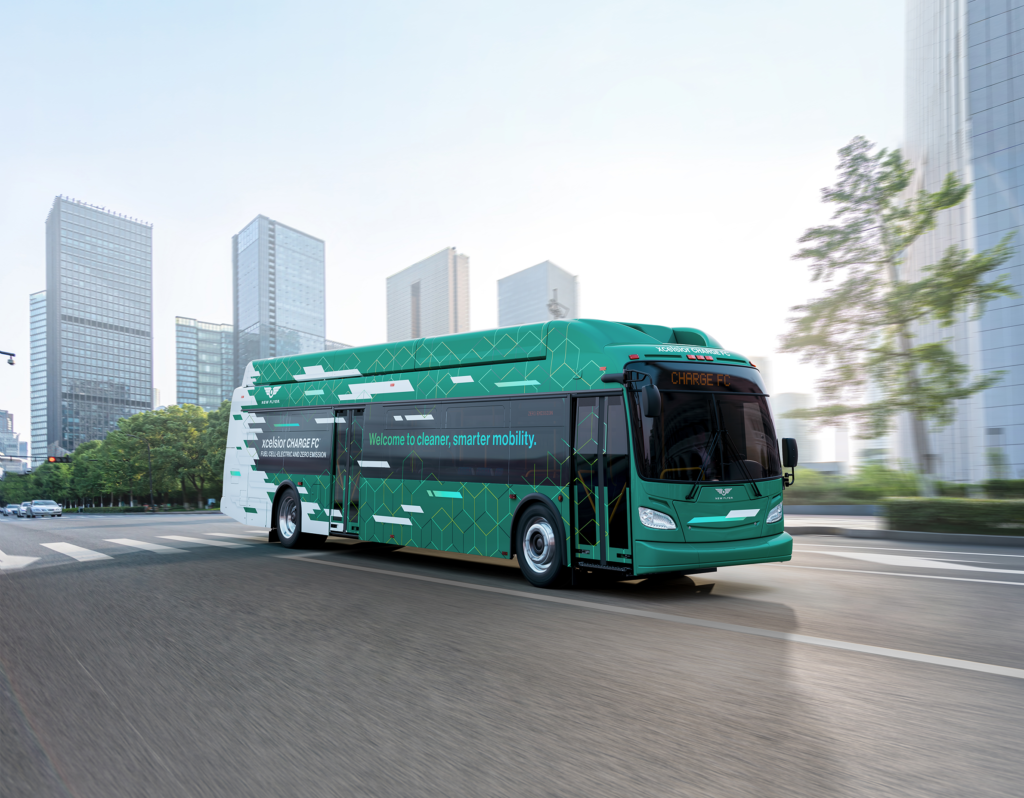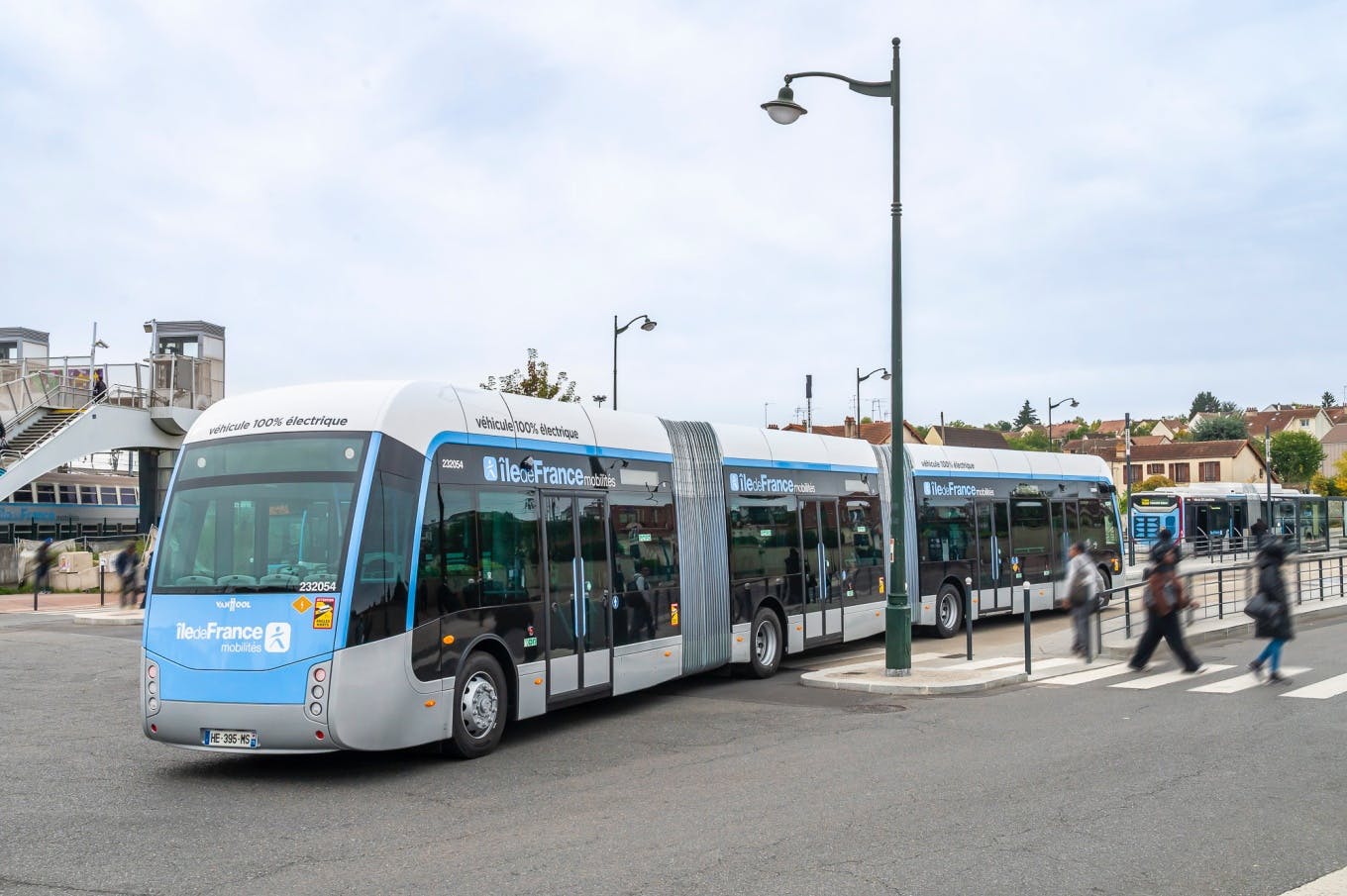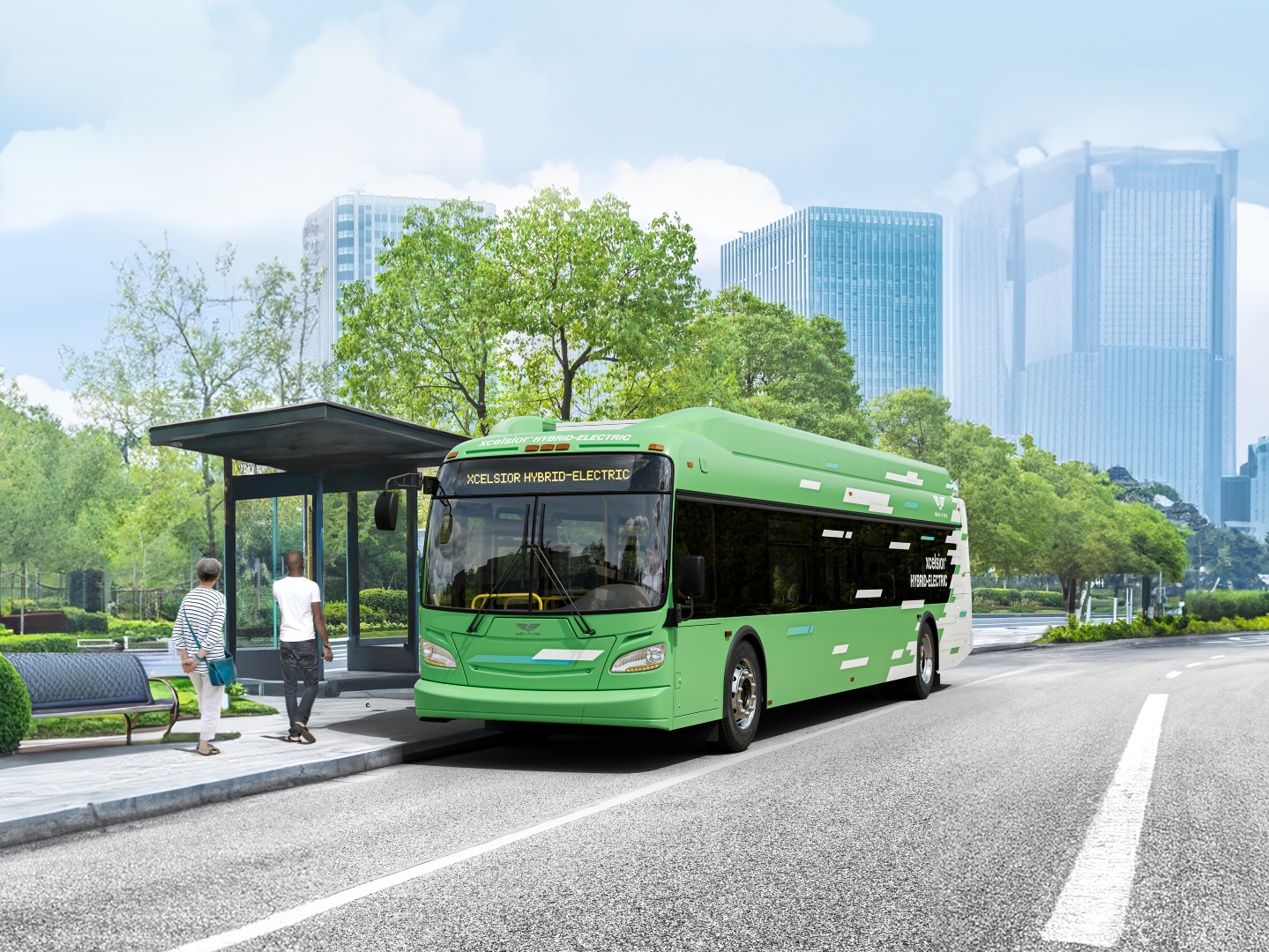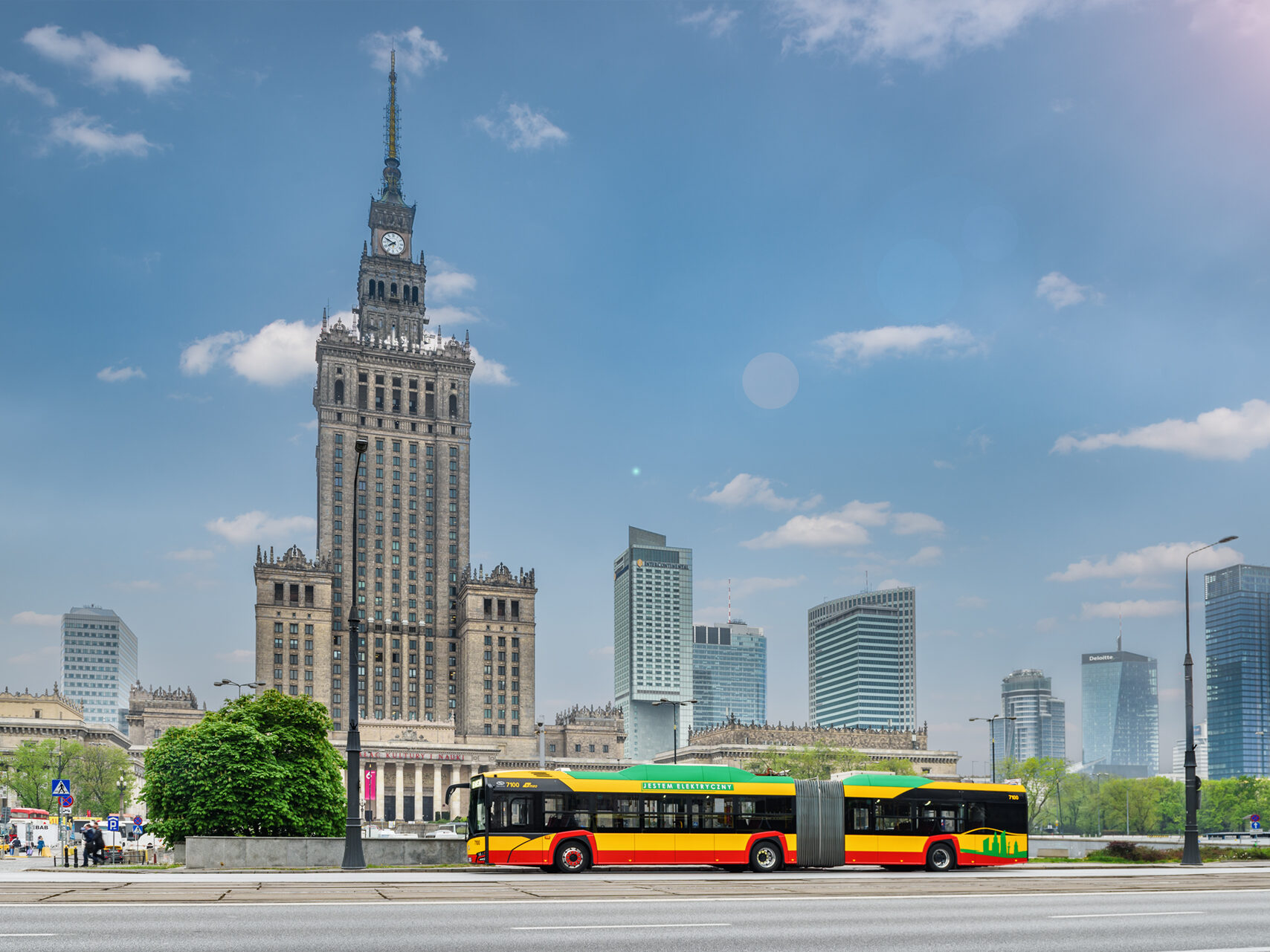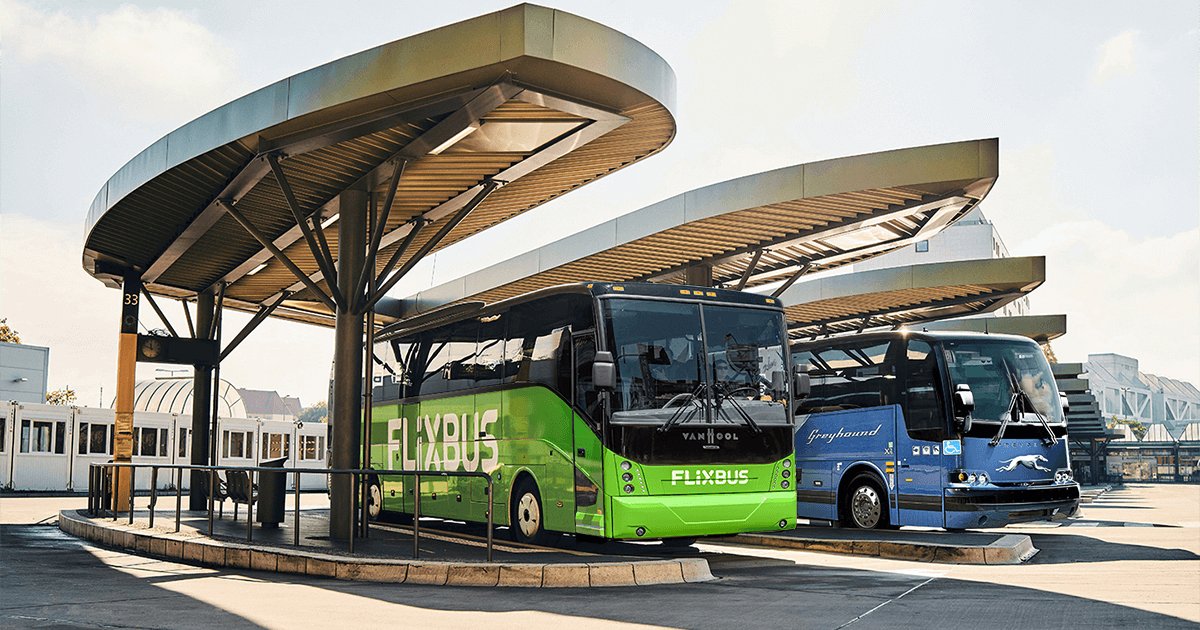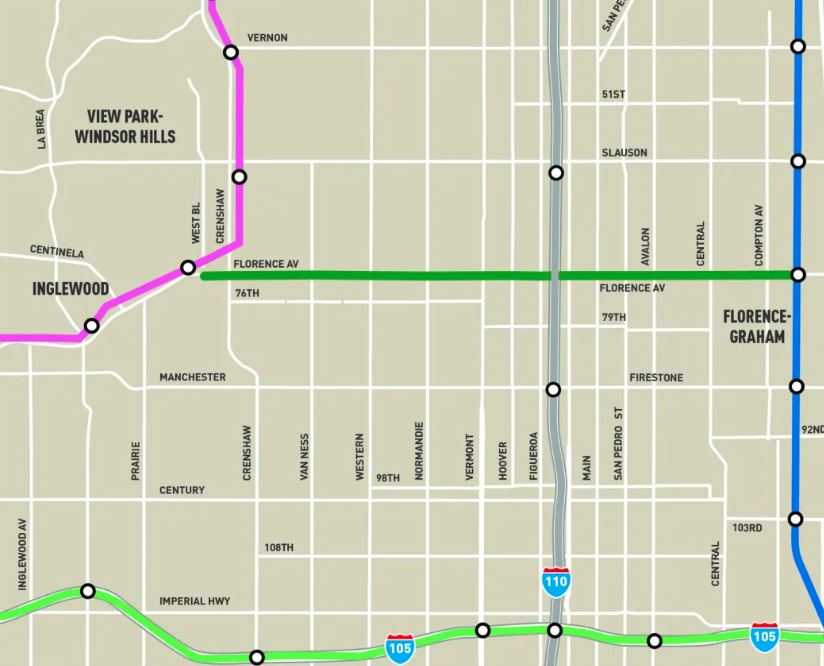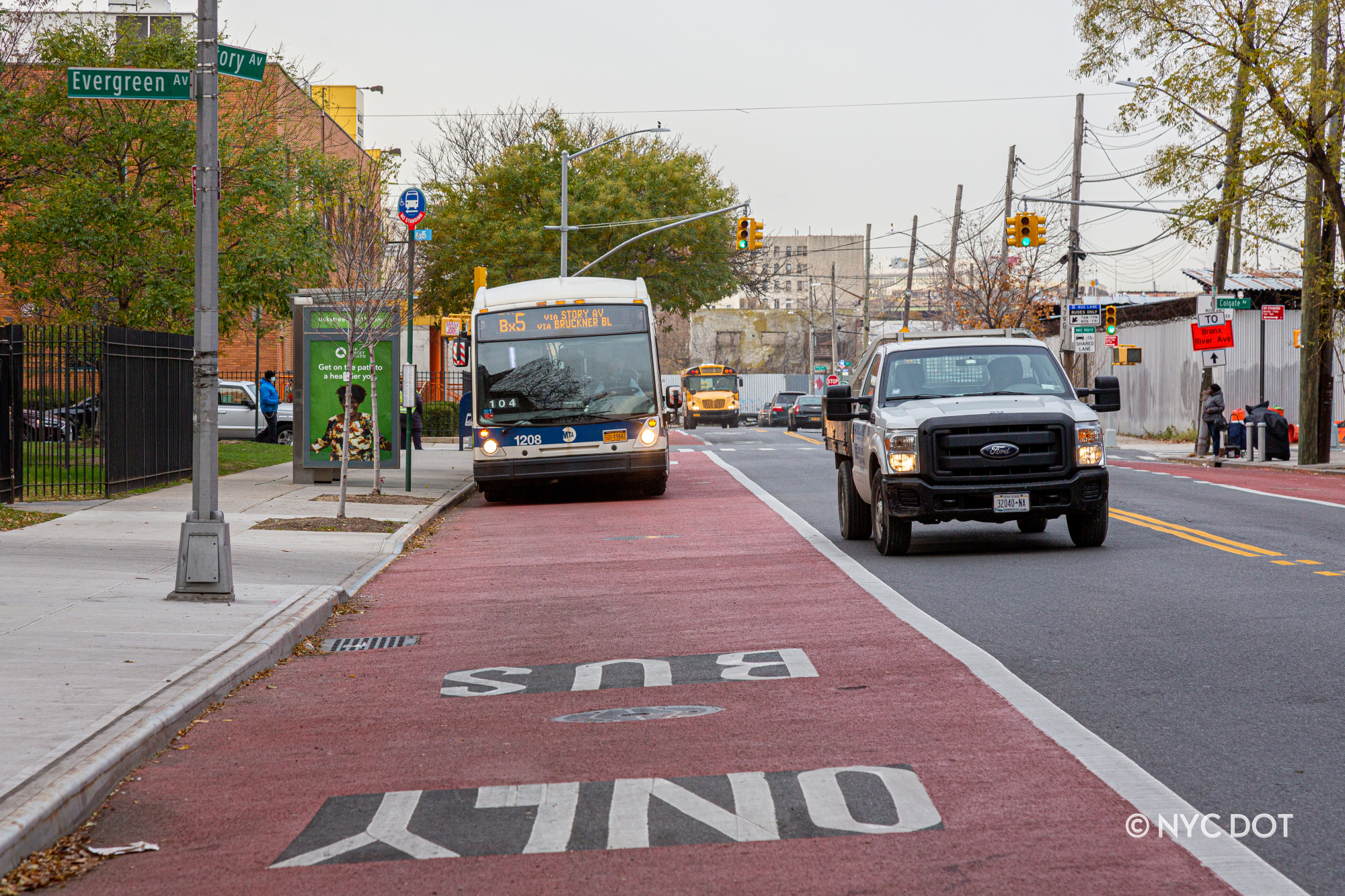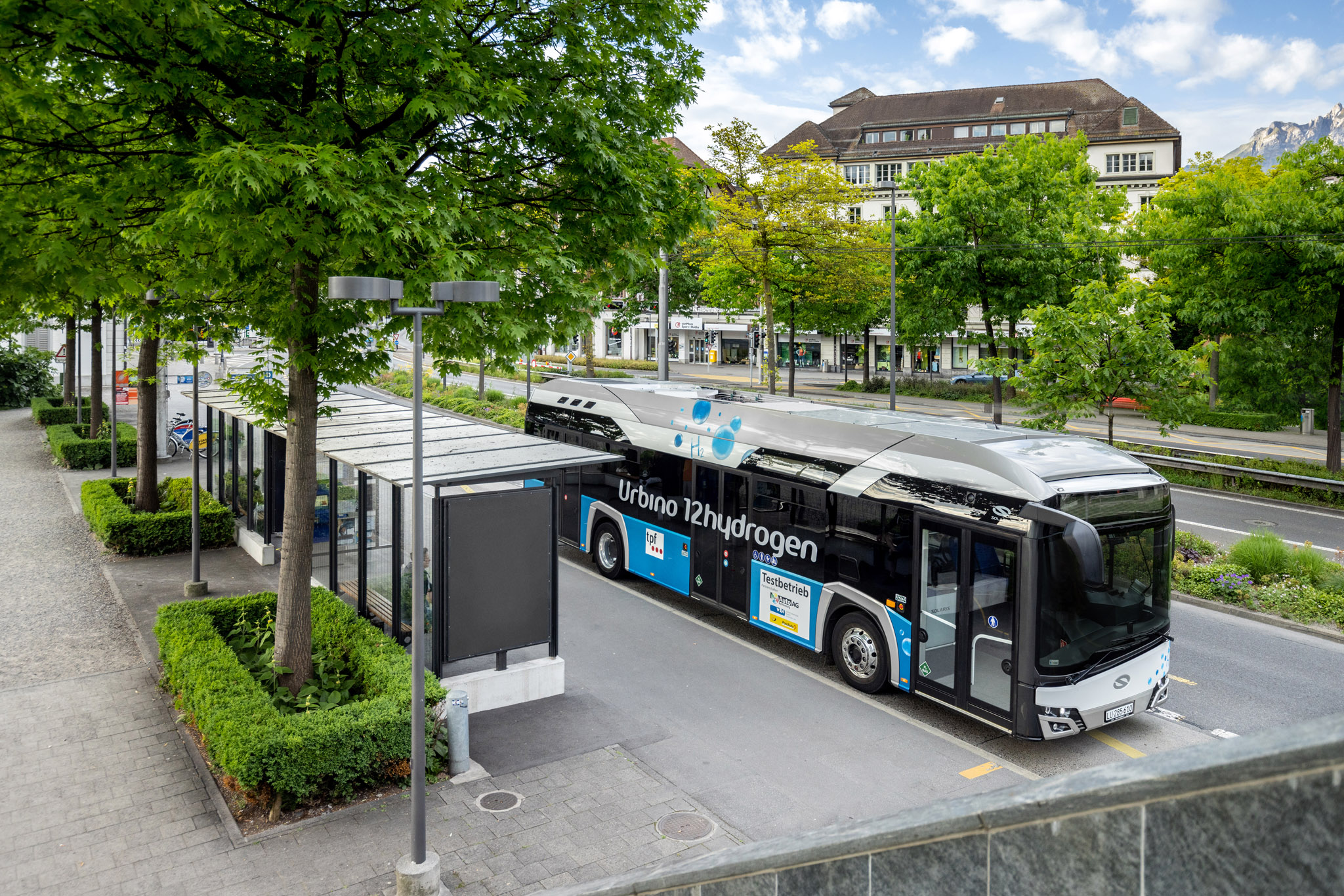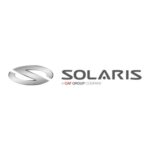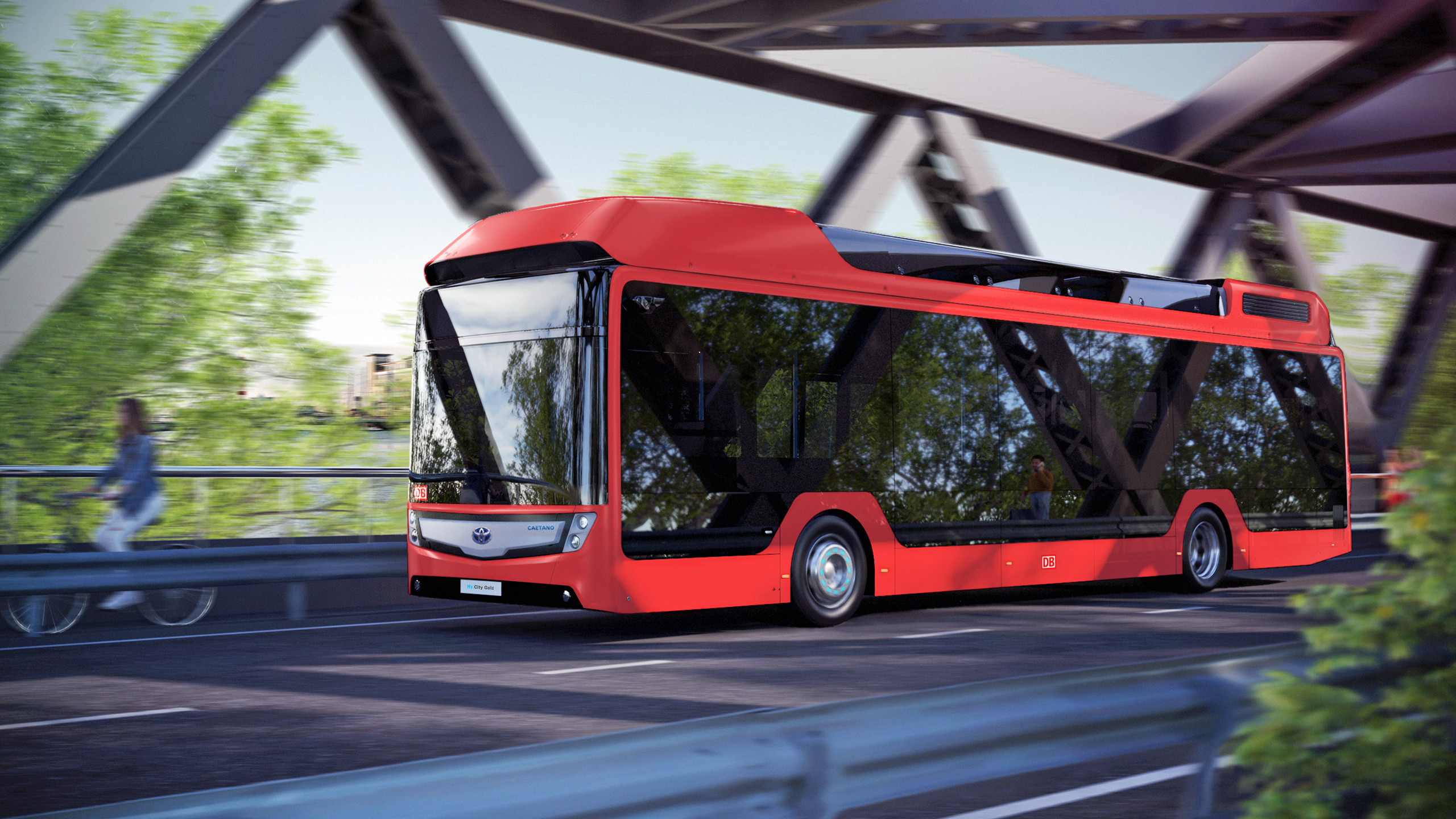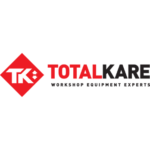The Southeastern Pennsylvania Transportation Authority (SEPTA) Board has approved a contract for the purchase of 10 hydrogen fuel cell electric buses, which will be produced by NFI’s subsidiary, New Flyer of America.
This purchase will allow SEPTA to evaluate the feasibility of deploying hydrogen technology as it works towards operating a zero-direct-emission bus fleet.
Fuel cell electric buses are powered by electricity derived from hydrogen fuel cells, resulting in zero tailpipe emissions. They offer similar range and performance as SEPTA’s diesel-hybrid buses but have quieter operation, lower maintenance costs and less than half the lifecycle greenhouse gas emissions.
SEPTA Board Chairman Pasquale T. Deon Sr said:Over the last two decades, SEPTA has led the transit industry in transitioning to hybrid buses, and that has resulted in a fleet that is cleaner and more efficient to operate. With this pilot programme for fuel cell electric buses, we will similarly be on the cutting edge of zero-emission technology.
This contract is valued at approximately 17 million USD and includes the delivery of 10, 40-foot low floor fuel cell electric buses, alongside the relevant fuelling infrastructure, training aids and equipment.
The new vehicles are expected to enter service by summer 2024 and will operate out of SEPTA’s largest bus depot, located in the Midvale District.

